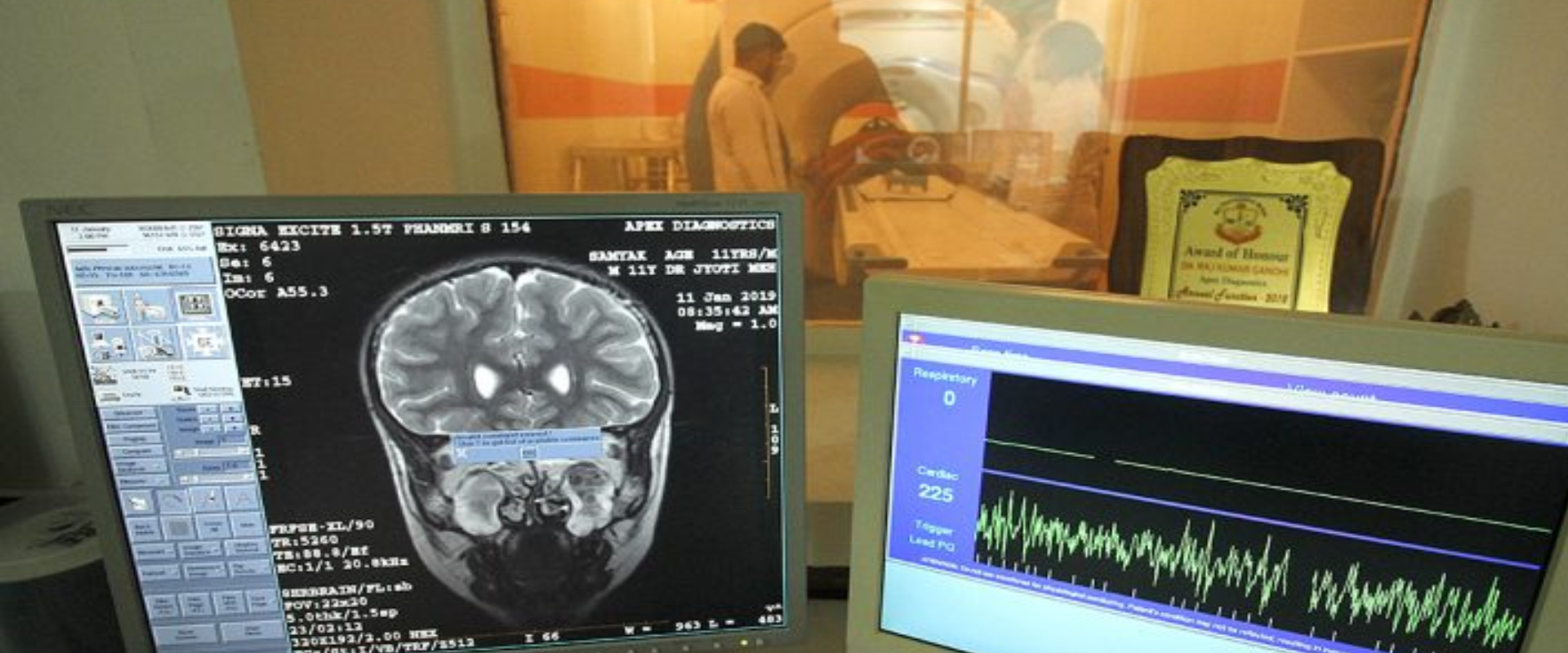
Quality Healthcare according to WHO is the one which incorporates the following principles: Efficiency, People-centredness, Timeliness, Safety, Effectiveness, Integration and Equity. Quality healthcare is effective; This means you will be accurately diagnosed and treated (In some countries, only 35% of patients get the correct diagnosis). Quality healthcare is efficient; That means your laboratory & imaging tests will not be repeated unnecessarily. Quality healthcare is equitable; This means all the people, regardless of their gender, race, ethnicity, geographical location and socioeconomic status, shall receive the good quality healthcare they need. Quality healthcare is integrated; If you have multiple chronic diseases, your medical care is coordinated across all the doctors. Quality healthcare is timely; That means you can see a doctor when you need to, without waiting for too long (In some countries, 74% of the patients have to wait between 60 to 120 minutes to be seen by a doctor). Quality healthcare is safe; That means the care you receive doesn’t harm you. Around the world, nearly 14% of the patients are harmed from the healthcare they receive during their hospital stay. Quality healthcare is people-centred; This means that decisions about your care are tailored to your needs and preferences and you are treated with respect and compassion.
Quality in Medical imaging and diagnosis is fundamental to effective and efficient healthcare. The world is transitioning towards value-based patient care and from quantity to quality. It is important for both patients and practitioners. The first step to correct medical diagnosis is at correct testing. There are several ways of getting a medical test, it can be monitoring, lab testing, imaging and other forms.
The X-ray , Lab tests and ultrasonography are the most widely suggested examinations in both public health and preventive care . These are the ones where reports differ from different healthcare facilities and treating doctors get confused leading to unnecessary re-ordering of tests and resultant many-fold increase in expenditure borne by the patients.
The more specialized tests like CT-scan, MRI, Echocardiography, TMT, EEG etc. are primarily dependent upon the quality of machines, their technological advances and proper handling. The equipment and machinery for CT scan, X-Ray, MRI and Ultrasound must have a Quality Assurance and need to be updated frequently.
Equally important is the human part i.e the technicians handling the machines and the Doctors interpreting & reporting the tests. A radiologist has to interpret hundreds of images each day; every image is important and play a crucial role in correct diagnosis. A radiologist has to interpret the problem on the basis of the image that crosses their screen, an zero error reporting is what is required for quality imaging. The significance of high quality in medical imaging provides accurate results upon which the physicians totally depend for diagnosis.
Following are a few quality related factors that impact the healthcare:
There are several ways in which quality has an impact. It not only provides accuracy but also quickens the whole process, reducing the pain and suffering. Similarly bad quality leads to wrong and delayed diagnosis and prolongs the illness. These are the few reasons for which most of the hospitals and healthcare centres around the world have shut out the obsolete methods. The modern hospitals and practitioners are accepting only the test results from hi-tech diagnostic centres having advanced machineries and qualified staff. The quality impacts every individual and the healthcare industry as a whole. The need of the hour to improve diagnostic & imaging quality which in turn will raise the healthcare standards and let us achieve the WHO’s goal of Quality Healthcare.
Pre Insurance Health Check Partner.
We are committed to improving people’s lives through personalized health care. When you refer your patient to us, we are pleased to assist you with the diagnosis, treatment and monitoring of your patients’ care